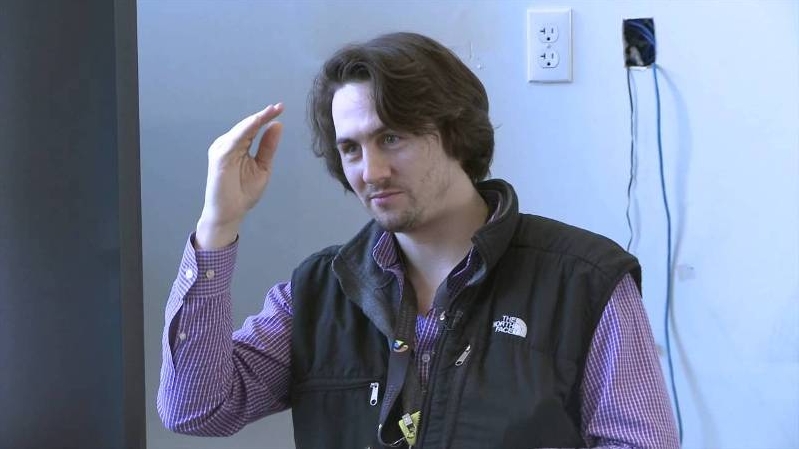
In May 2015, research health science specialist Adrienne Heinz lost her brother, Austen, who committed suicide following years and years of struggling with depression.
During his childhood, Austen took great interest in reading and science, and whenever he began with a project, he focused on its completion in a manner that was different from his classmates. Growing up, he was able to start with a company whose aim was to allow its customers to develop their own creatures, hence the use of laser-printed DNA. Therefore, Austen believed that there will come a time when human beings will finally be designed using computers.
However, the science whiz will not see the day when such goal is met; on May 24, 2015, he took his life. He was only 31.
Family members and friends who were closest to Austen opened up about his battle with mental illness, which was seemingly increased by the pressures of handling a startup business.
"He already had those mental health issues and the stress and the challenges of entrepreneurship were just too much," friend and mentor Mike Alfred shared. "He was fine as long as things were generally going well, but as soon as he experienced too much negativity ... It was like they overflowed and he would go into this spiral."
Austen’s sister also opened up about his overly determined attitude, which may have been one of the contributing factors to his fate.
"This ability to live with uncertainty, to take risks, it pushed him further than he should have gone before he asked for help," Adrienne said.
There has already been a long series of suicides among startup founders. In 2011, Ilya Zhitomirskiy, a 22-year-old social network founder, also took her life. Two years later, Aaron Swartz, a 26-year-old Internet activist and Reddit co-founder, committed suicide. Similarly, between 2013 and 2014, three suicides among founders connected to a Las Vegas startup project graced the news headlines.
Last year, aside from Heinz, a 30-year-old Faigy Mayer, a founder and app developer, leapt to her death.
Within the startup business industry, the subject of mental health is not often discussed, despite having a considerably adverse impact on the quality of life among founders, their employees and their families.
According to psychologists who work with entrepreneurs, numerous individuals in such industry have been struggling with mental health problems. As stated in a study by researchers in Bay Area, entrepreneurs can be associated with higher rates of depression, bipolar disorder, substance abuse and ADHD compared to the general population.
In particular, Dr. Michael Freeman stated that numerous personality traits among entrepreneurs, such as extroversion, open-mindedness and an inclination towards taking risks, can be linked to such mental conditions.
However, it remains unclear whether such conditions are caused by work-related stress or are typically inherent in the personalities of entrepreneurs.
Freeman previously had a conversation with an entrepreneur who sought to help other individuals experiencing a similar situation but was not comfortable in opening up about his own struggles.
"[He] told me that he would really like to help other entrepreneurs but can't because his company is going to be acquired or it's going to be public within the next 12 months," Freeman said. "He's afraid that being associated with those issues could adversely impact the acquisition or the IPO."
As for Adrienne, she aims to have a discussion carried out in Silicon Valley that also touches on more personal, sensitive issues which often go with the traditional success stories.
She has already distributed pins for a suicide prevention walk, “Out of the Darkness,” featuring a beaming Austin with the caption: "We are all creatures, and we need one another."
"It's to say, 'We're a community.' If we don't hold each other up and provide support, it doesn't allow us to thrive,” Adrienne said.







